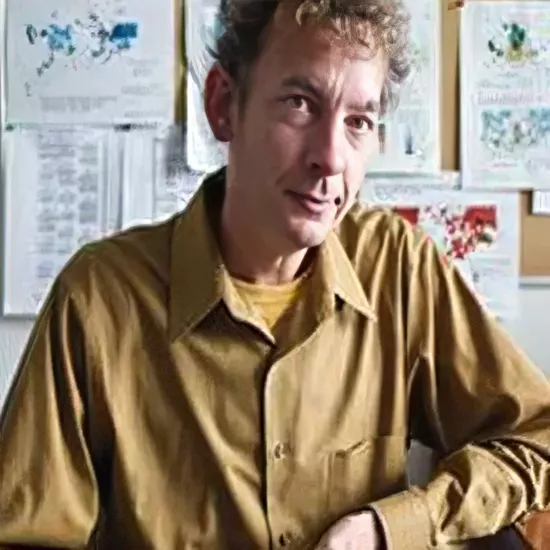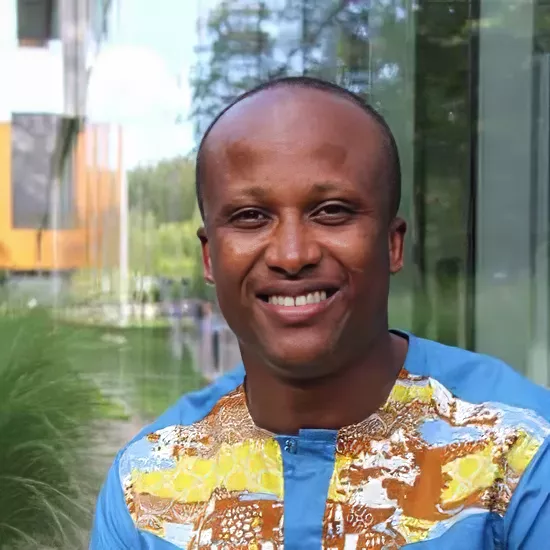In the Urbanization, Transportation and Health research cluster we explore multi-disciplinary questions that examine the intersections between transportation, health and urbanization and the social and political factors that drive them. We have three intersecting foci:
- The development and planning of cities, and the social/economic/political/cultural processes that occur within and are produced by the city. This includes issues ranging from:
- Urban housing development and policy (social housing, social mix, gated communities, homelessness)
- Neighbourhood social change (gentrification, racial segregation, immigrant settlement, aging in place, deindustrialization, industrial and occupational change)
- Regional form and planning (urban sprawl, accessibility, suburbanization)
- Urban governance and policy (municipal services fragmentation, place-based social policies, local electoral effects, local economic development policies)
- The spatial distribution of, and access to, health and social services, the health and social determinants of health of marginalized populations in cities including recent immigrants and Aboriginal peoples, the role of neighbourhood environments in shaping health and well-being
- How transportation relates to overall quality of life, health and economic prosperity, especially considering its impact on how people get to work and play, access institutions and amenities, and their capacity to interact with friends, family and produce social encounters. Key research themes include:
- Transportation policies and their effects in reducing congestion and wasteful development patterns
- Mobilities among children and youth, the disadvantaged and disabled
- Active transportation
- Gender, identity and urban transport
- Employment accessibility and social segregation
- Economic, social and political production and repercussions of automobility






